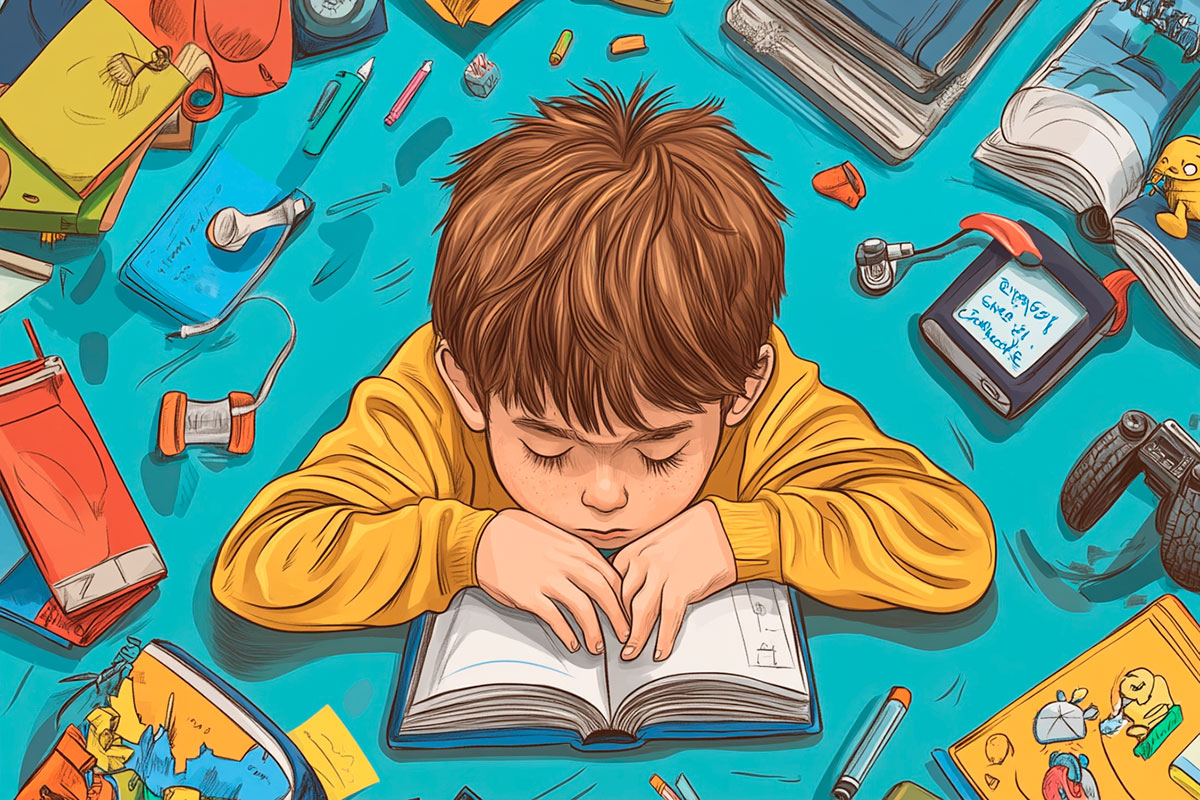
ADHD treatment
What is ADHD?
Attention Deficit Hyperactivity Disorder (ADHD) is a neurodevelopmental condition that affects focus, impulse control, and hyperactivity. It can impact daily tasks, academic performance, and social interactions. While ADHD often begins in childhood, it may persist into adulthood, affecting individuals differently over time. Early diagnosis and proper treatment are essential to managing symptoms and improving quality of life.
ADHD manifests in varying degrees, and individuals may struggle with inattentiveness, impulsivity, or hyperactivity. Understanding the disorder helps patients and families adapt and develop coping strategies.
What Causes ADHD?
ADHD has multiple causes, primarily linked to genetic and neurological factors. Research shows that it tends to run in families, suggesting a strong hereditary component. Brain structure differences, particularly in areas regulating attention and self-control, are also associated with the disorder.
Environmental factors, such as prenatal exposure to toxins, low birth weight, or complications during pregnancy, may increase the risk of developing ADHD. However, the condition is often a result of the combination of genetic and environmental elements.
Types of ADHD
There are three main types of ADHD:
- Primarily inattentive presentation: Characterized by difficulty maintaining focus and easily becoming distracted.
- Primarily hyperactive-impulsive presentation: Marked by hyperactivity and impulsive behavior, with less difficulty focusing.
- Combined presentation: The most common type, involving both inattention and hyperactivity.
Symptoms of ADHD
ADHD symptoms may vary but typically include:
- Inattention: Struggles to focus on tasks and frequently loses items.
- Impulsivity: Difficulty waiting for turns or interrupting conversations.
- Hyperactivity: Constant movement and restlessness.
- Forgetfulness: Frequently forgetting appointments or daily tasks.
- Disorganization: Challenges in planning and completing tasks.
- Emotional outbursts: Difficulty managing frustration or emotions.
- Poor performance at school or work: Struggles to meet deadlines and expectations.
How is ADHD Diagnosed?
ADHD is diagnosed through clinical evaluation by a Psychologist, Psychiatrist, or Neurologist. The process includes interviews with the patient, family members, and educators to assess behavior in multiple settings. Specific questionnaires help identify ADHD patterns.
The diagnosis also involves ruling out other conditions, such as anxiety or learning disabilities, which may present similar symptoms. Early identification allows for tailored interventions to support development and success.
ADHD Treatments
ADHD treatment is often multidisciplinary and may include:
- Medication: Stimulants like methylphenidate (Ritalin) or amphetamines (Adderall) improve focus and reduce hyperactivity. In some cases, non-stimulant medications are prescribed.
- Cognitive Behavioral Therapy (CBT): Helps develop organizational skills, manage emotions, and reduce impulsivity.
- Behavioral interventions: Guides parents and teachers on effective strategies to manage behaviors.
- Educational support: Accommodations in schools, such as extra time for tasks, help students succeed.
- Neurofeedback: A method to train the brain to enhance attention and reduce impulsivity.
- Physical activity: Regular exercise promotes better concentration and emotional regulation.
- Lifestyle changes: Establishing routines, improving sleep hygiene, and maintaining a balanced diet support symptom management.
Each treatment plan is personalized and may require regular adjustments to ensure effectiveness over time.
Click the button below to schedule your appointment online.